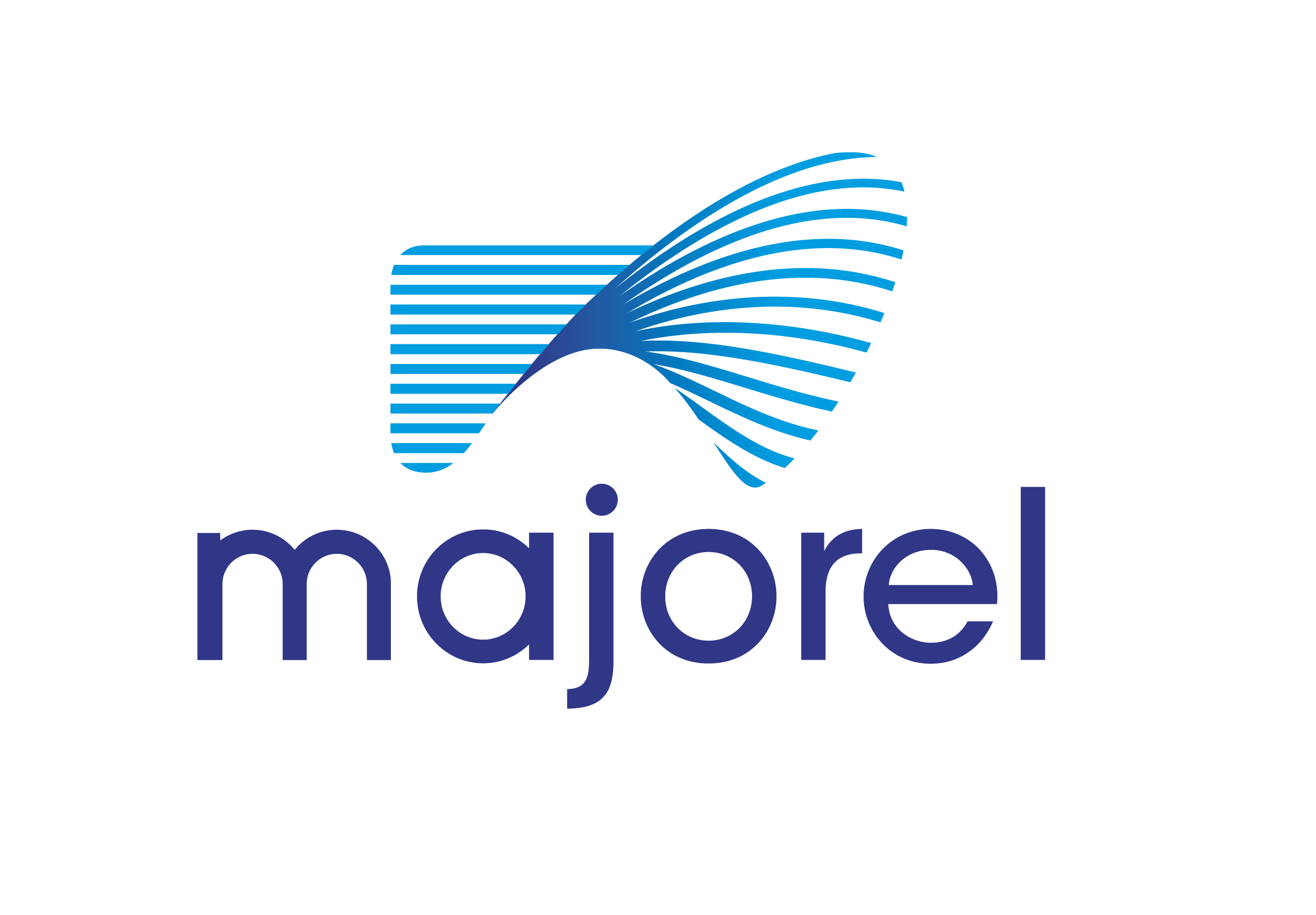Combining hands-on experience obtained from several sustainability reporting implementations, academic study as members of the Integrated Reporting <IR> Technology Initiative working group, and a proven track record with CPM implementation projects, Satriun’s ESG Implementation Toolbox enables companies to leverage their existing investments in CPM technology for the benefit of ESG reporting. Offering practical implementation building blocks and an extensive library of relevant KPIs for ESG reporting, the toolbox also includes methods to secure data quality as well as to consolidate and harmonize certain non-financial data that otherwise cannot be aggregated.
Short for “environmental, social and governance”, ESG represents a more stakeholder centric approach to doing business. Generally, people refer to this as Sustainability Reporting, which leads to a common misunderstanding in the finance community. Most finance professionals associate the term with environmental reporting, disclosing CO2 footprint and similar indicators. But there is another, better fitting meaning to Sustainability: the ability to continue for a long time.
On the one hand it is about the impact the company has on society at large, including topics such as business ethics, pollution, equal pay and data privacy. On the other hand, it is about the impact the environment and society have on the company, including topics such as resource scarcity, ageing population, global warming, corruption, and laws & legislations. Companies need to understand how these two perspectives impact its ability to create value over time, what risks and opportunities need managing, and how capital should be allocated considering the trade off between short term profitability and long term viability.
According to research done by Gartner, 85% of investors considered ESG factors in their investments in 2020. Overall, investors consider ESG investments safer and more stable bets. Companies that improve their ESG performance will also tend to have a reduced compliance burden, see higher levels of employee satisfaction, and find talent more easily, in addition to being a less likely target for shareholder activism. Also, companies can expect a lower cost of capital due to a lower risk profile. Next to these benefits, there is also a compliance element: the European Commission adopted a proposal for ESG reporting to become mandatory as from 2023 onwards.
Companies looking to disclose ESG information need to secure that this information is based on investment-grade data, as this data will be used by financial analysts, investors, and other stakeholders. It must be accurate, complete, timely, and auditable. Companies can choose to approach ESG as a compliance matter, focusing more on data collection and disclosure, or anchor ESG more explicitly into their strategy and planning processes, utilizing ESG’s deeper purpose of challenging the ways companies allocate capital for the benefit of long-term value creation. Either way, existing Corporate Performance Management (CPM) technologies for financial consolidation, planning and reporting can be perfectly utilized for this purpose.

Top of the league specialists
Our professionals have wide-ranging and demonstrable expertise.
Sophisticated approach
We offer best practices for every issue, based on our own philosophy.
We get the job done!
When others get stuck in the mire, we’re the ones who are brought in to get the job done.
We know more about ESG and its working parts.
Curious?
Satriun’s advice is independent
We have a detailed understanding of the software of our Technology Partners and we have a good, close working relationship with them. Our advice is however independent. We have made a deliberate choice not to sell licences as that could leave us open to other considerations, whereas Satriun is all about looking to see what your organization really needs and being able to provide impartial advice.








